Introduction to Auto Recycling Industry
The auto recycling industry is undergoing a remarkable transformation. As the world shifts towards sustainability, auto part wreckers play a crucial role in this change. These businesses are not just about dismantling vehicles; they’re becoming hubs of innovation and eco-friendly practices.
With millions of cars reaching the end of their life cycle each year, the need for responsible disposal has never been greater. Auto part wreckers help recover valuable materials while reducing waste and environmental impact. This evolving landscape presents exciting opportunities for both business owners and consumers looking to make greener choices.
As we delve into the future of auto recycling, it’s essential to explore how these innovations are reshaping an industry that holds immense potential for sustainable growth. From advanced technologies to new market trends, let’s uncover what lies ahead in the world of auto part wreckers.
Evolution of Auto Part Wreckers
The auto part wrecking industry has undergone significant transformations over the years. Initially, these operations were small-scale and often disorganized. Wreckers would manually dismantle vehicles to salvage parts, leading to inefficiencies and environmental concerns.
As demand for recycled materials grew, so did the sophistication of auto part wreckers. The introduction of specialized machinery allowed for faster disassembly and enhanced safety measures. This shift not only improved productivity but also reduced waste significantly.
Today’s auto part wreckers are more tech-savvy than ever before. They utilize software systems for inventory management and customer relations. This evolution emphasizes sustainability while delivering quality used parts to consumers in an increasingly eco-conscious market. As a result, the role of auto part wreckers is now pivotal in promoting sustainable automotive practices.
Technological Advancements in Auto Recycling
Technological advancements are reshaping the auto recycling landscape. Automated systems streamline the dismantling process, allowing auto part wreckers to efficiently remove valuable components from vehicles. Robotics and artificial intelligence enhance accuracy in sorting parts, ensuring that recyclable materials are identified quickly.
Moreover, advanced material recovery technologies have emerged. These include innovative processes for separating metals from plastics and glass more effectively than ever before. This not only reduces waste but also maximizes resource recovery.
Data analytics plays a crucial role as well. Auto part wreckers can now leverage big data to better understand market demand and optimize their inventory management practices. By predicting trends, these businesses can respond promptly to consumer needs while minimizing excess stock and waste.
1. Sustainable Practices in Auto Part Wrecking Industry
Sustainable practices are becoming increasingly vital in the auto part wrecking industry. With growing environmental concerns, many auto part wreckers are adopting eco-friendly methods to minimize their carbon footprint. This includes utilizing energy-efficient machinery and implementing waste reduction techniques.
Recycling is at the heart of sustainability in this sector. Parts like engines, transmissions, and batteries can be salvaged and repurposed rather than ending up in landfills. Many wreckers now have sophisticated systems for sorting materials efficiently, which enhances recovery rates while preserving valuable resources.
Moreover, partnerships with manufacturers help create closed-loop recycling processes. These collaborations ensure that recycled materials are reintegrated into new products. By focusing on sustainable practices, auto part wreckers not only contribute to a healthier planet but also open doors to innovative business models that resonate with environmentally-conscious consumers.
Future Trends in Auto Recycling Market
The auto recycling market is poised for significant transformation in the coming years. As the demand for sustainable practices grows, more companies are investing in eco-friendly technologies. This shift not only minimizes environmental impact but also maximizes resource efficiency.
One exciting trend is the rise of automated systems in auto part wreckers’ operations. Robotics and artificial intelligence streamline the dismantling process, making it faster and safer. Enhanced sorting technology will allow recyclers to efficiently identify valuable materials from vehicles, improving recovery rates.
Electric vehicles (EVs) are becoming increasingly prevalent on our roads, which creates a new avenue for auto recycling. The need to recycle lithium-ion batteries presents unique challenges and opportunities within this sector. Auto part wreckers that adapt to these changes will be at the forefront of innovation.
Furthermore, consumer awareness about sustainability influences purchasing decisions. More customers seek out businesses committed to responsible recycling methods when looking for used parts or services related to their vehicles.
As regulations around waste management tighten globally, compliance with new standards becomes essential for auto part wreckers aiming to remain competitive. Those who embrace these trends stand ready to lead an evolving industry focused on sustainability and technological advancement. Need to get rid of an old car? Weoffers hassle-free car disposal with same-day payment
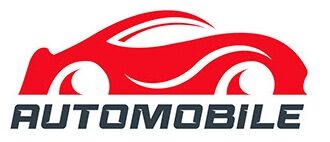
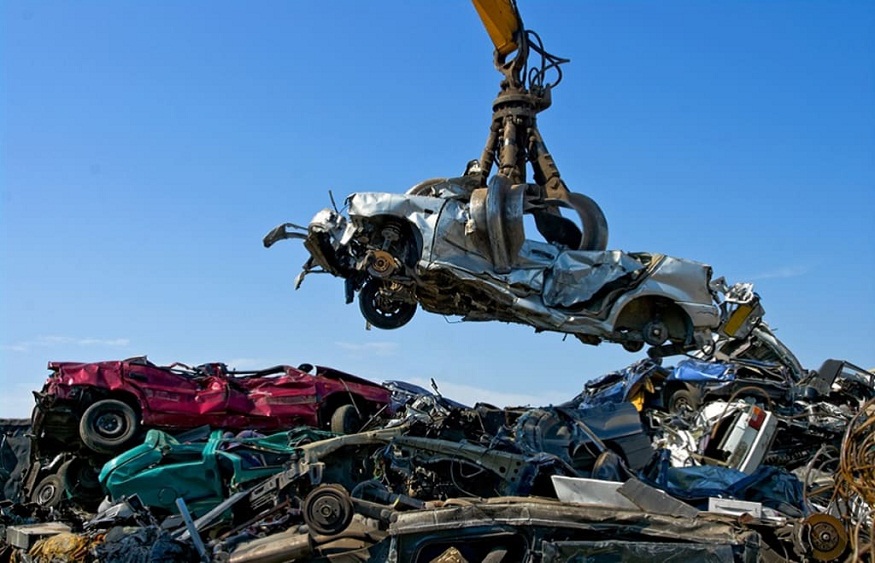

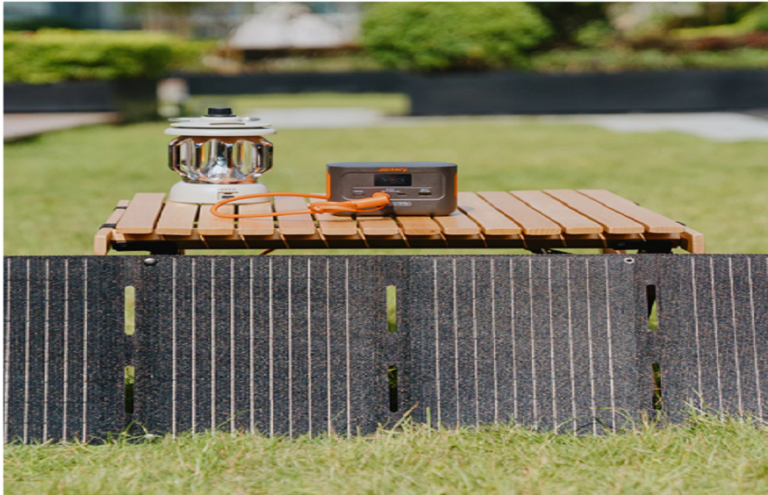


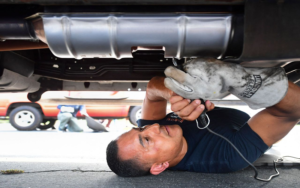
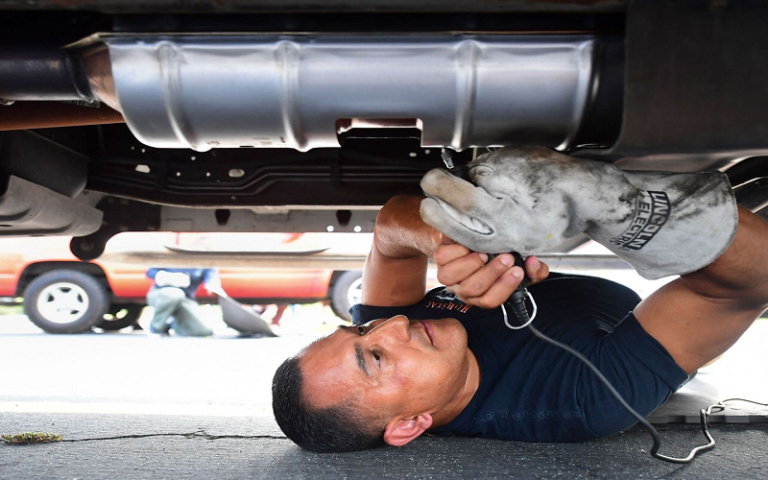
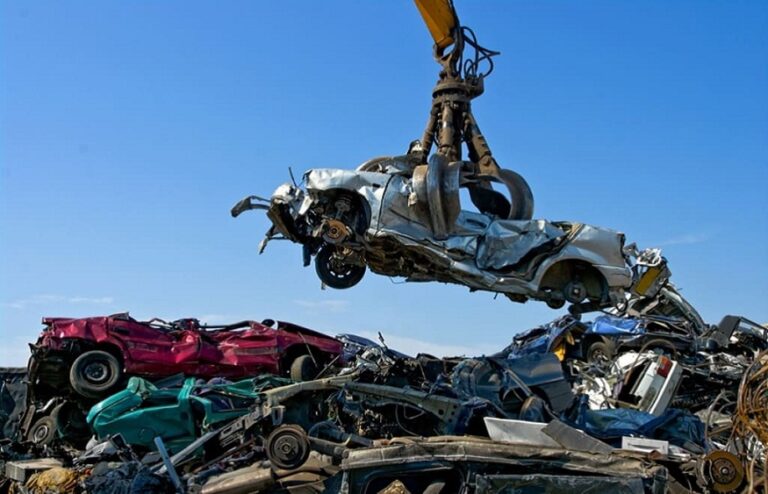

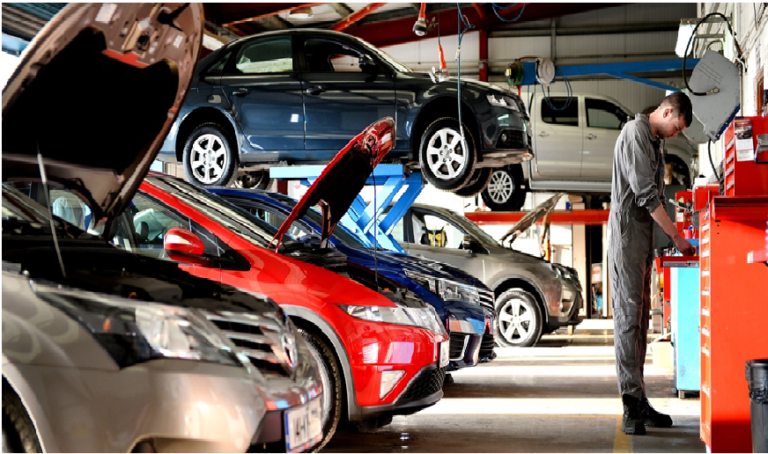
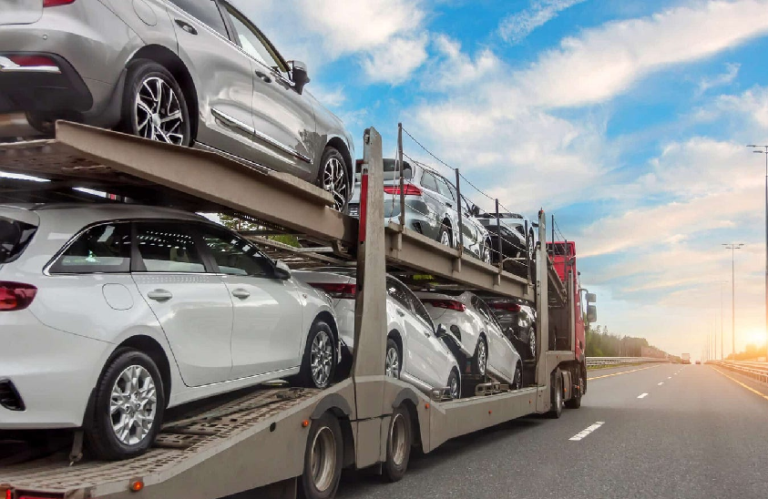
+ There are no comments
Add yours